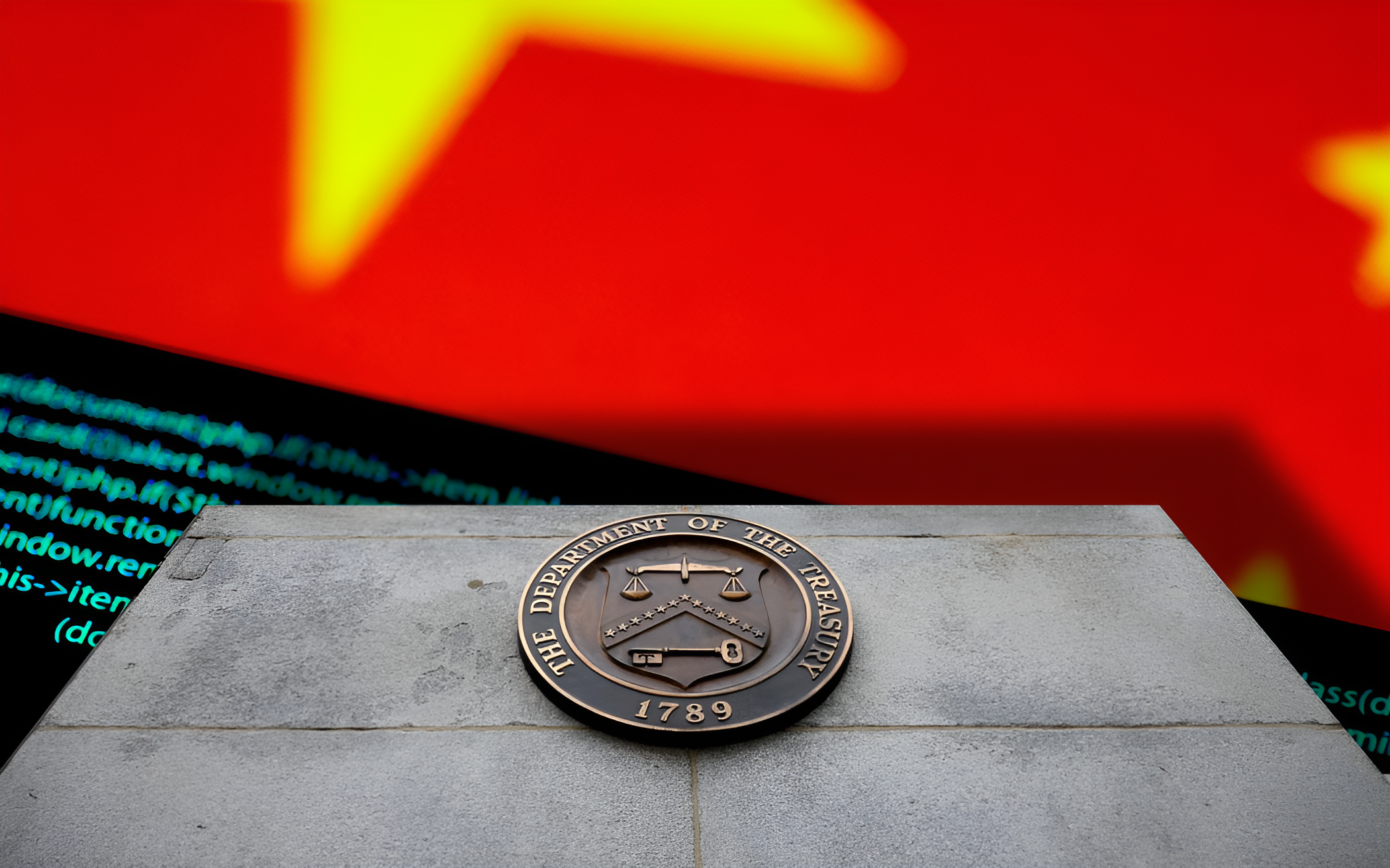In a major cybersecurity breach, Chinese state-sponsored hackers infiltrated the U.S. Treasury Department's computer systems, stealing unclassified documents in what officials described as a "major incident." The breach, disclosed in a letter to lawmakers obtained by Reuters, occurred through a compromise of third-party cybersecurity service provider BeyondTrust.
According to the Treasury's letter, the attackers exploited a digital key used by BeyondTrust’s cloud-based service to override security measures and gain remote access to workstations within the Treasury’s Departmental Offices. This access allowed the hackers to retrieve certain unclassified documents.
The breach has been attributed to an Advanced Persistent Threat (APT) group linked to the Chinese government. "Based on available indicators, the incident has been attributed to a China state-sponsored Advanced Persistent Threat (APT) actor," the Treasury’s communication stated.
Timeline of the Breach
The intrusion was discovered on December 8, 2024, when BeyondTrust alerted the Treasury Department. The department has since been working with the U.S. Cybersecurity and Infrastructure Security Agency (CISA) and the Federal Bureau of Investigation (FBI) to assess the full scope of the breach and its implications.
A spokesperson for BeyondTrust confirmed the incident, stating that the company had identified and mitigated the security issue earlier in December. The affected customers were notified, and law enforcement agencies were engaged to assist with the ongoing investigation. BeyondTrust’s latest update on the matter was issued on December 18.
International Tensions
The Chinese government has denied any involvement in the attack. Mao Ning, a spokesperson for China's Ministry of Foreign Affairs, reiterated Beijing’s stance against cyberattacks, saying, "China has always opposed all forms of hacker attacks." Similarly, the Chinese Embassy in Washington dismissed the allegations as baseless.
This incident highlights the growing sophistication of cyber threats emanating from state-sponsored groups. Tom Hegel, a cybersecurity researcher at SentinelOne, noted that the attack aligns with a broader pattern of operations by Chinese-linked groups. "These groups have increasingly focused on exploiting trusted third-party services to gain access to critical systems," Hegel said.
A Wake-Up Call for Cybersecurity
The breach underscores the vulnerabilities associated with third-party service providers and their potential as gateways for sophisticated cyberattacks. The incident has reignited concerns about the resilience of government and corporate cybersecurity systems in the face of advanced threats.
Treasury officials and cybersecurity agencies continue to investigate the breach, working to ensure no further systems are compromised. The incident serves as a stark reminder of the need for heightened vigilance and robust defenses in an era of escalating cyber warfare.





















Discussion